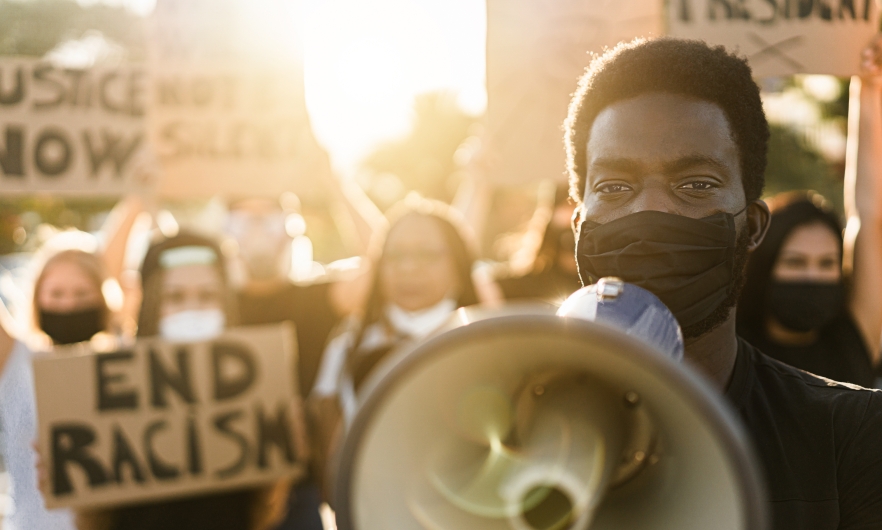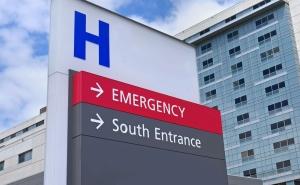Public Health On Call Series—Racism as a Public Health Crisis
A three-part podcast series focusing on the impacts of racism and long-standing systemic inequities on health, health care, and well-being in the U.S.
Published






